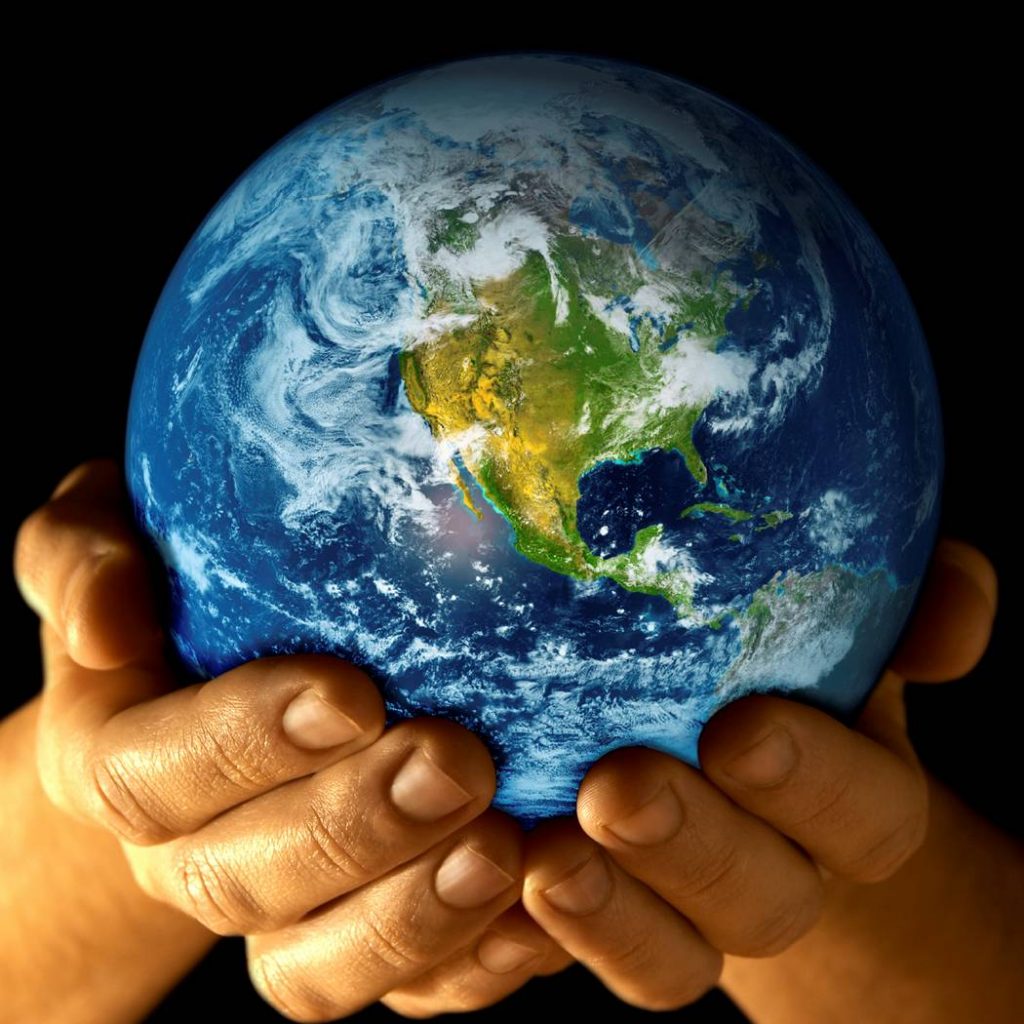Every day should be Earth Day.
If knowing the “Big Plastic Island in the Pacific” has grown to more than 600,000 square miles (about three time the size of France and twice the size of Texas) doesn’t motivate you to take care of our planet, what will?
It’s just plain scary. This “island” is full of plastic, chemical sludge, and other debris trapped by currents. It is estimated that 64,000 tons of fishing gear ends up in oceans each year. What’s even more frightening is there is a similar “island” floating in the Atlantic Ocean known as the “North Atlantic Garbage Patch.”
So, how did we get here? For more than two decades, China has accepted our plastic waste–in fact, 70 percent of the world’s plastic waste ended up there to process into usable goods. But in recent years China changed their policy of accepting as much trash as we produced. This left countries worldwide with the task of coming up with a different plan to rid disposables.

What’s next for the U.S.? Many states are stockpiling a majority of their plastic waste in landfills while trying to devise other plans. Some is getting burned which unfortunately leads to carcinogens floating through the air – which we will eventually breathe. So how can we help?
Reduce, Reuse, Recycle
Reducing the amount of trash that ends up in our generic garbage bins looks to be the logical answer to this overwhelming issue. It takes a head of lettuce longer to decompose (about 25 years to be exact) when disposed of in a garbage dump due to the lack of bacteria and oxygen required to break it down.
Composting, I believe, is one of the most underrated forms of recycling. Reusing organic materials like banana peels, egg shells, orange peels, and even tea bags is beneficial for the soil in providing rich nutrients. Composting will also help reduce the amount of organic waste that gets shipped off to our garbage dumps for decades of decomposition.
Recycling #1 and #2 plastic and other recyclables such as metal cans, aluminum containers, foil, papers and unwanted junk mail, and cardboard and cartons will help deplete the amount of waste that ends up in our “Big Plastic Island in the Pacific.” Recycling becomes second nature; creating space and separate containers for plastic, metal/cans/aluminum, and paper/cardboard will help clean up our planet.
Do Your Part
Treat every day as if it were Earth Day. Do your part in keeping our home a viable source for all that inhabits here.
